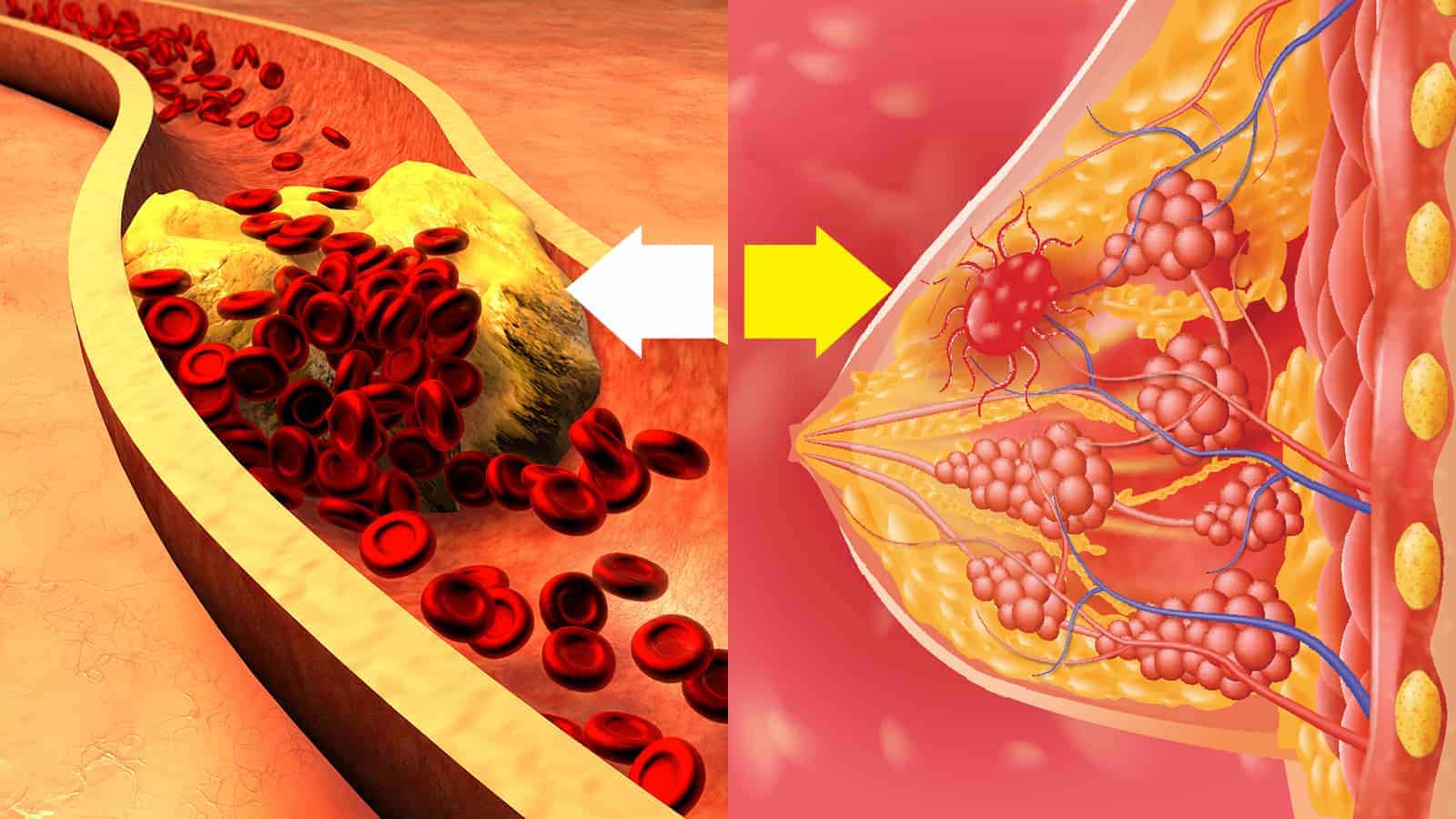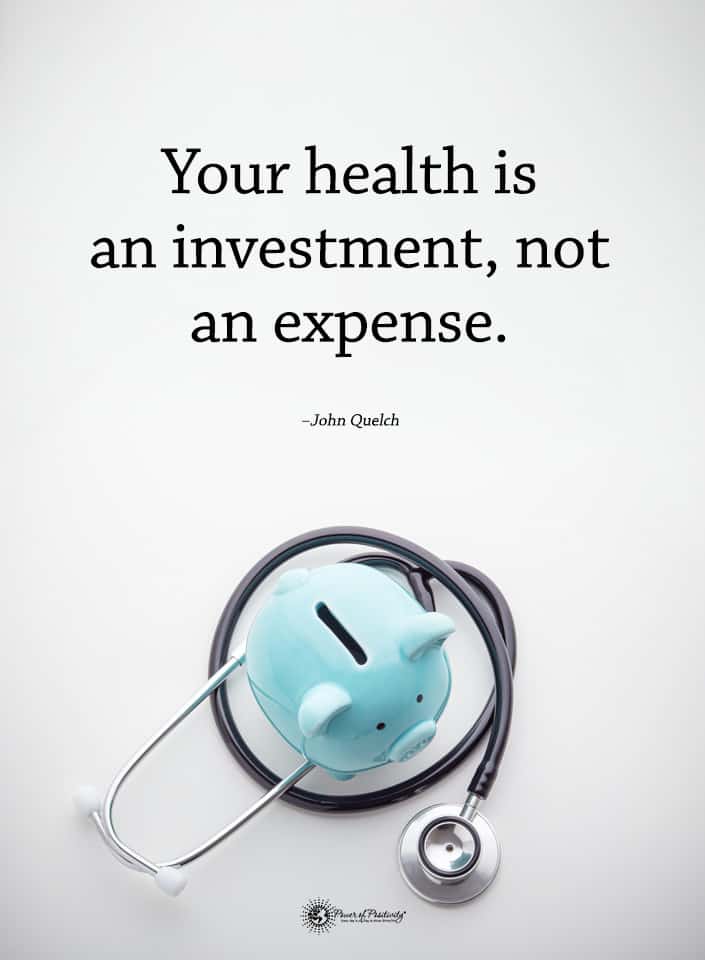A recent study by Duke Cancer Institute found that high cholesterol contributes to the growth of breast cancer cells. Chronically elevated cholesterol levels have been linked to a worse prognosis in most cancer. However, scientists didn’t fully understand the association between the two until this study.
The research appeared online on August 24, 2021, in the journal Nature Communications. A research team led by the Duke Cancer Institute discovered how breast cancer feeds on high cholesterol. In their paper, they explained how breast cancer cells utilize cholesterol to increase stress tolerance. This relationship allows the cells to “cheat death” once they leave the initial tumor site.
How high cholesterol fuels breast cancer cell growth
“Most cancer cells die as they try to metastasize — it’s a very stressful process,” said senior author Donald P. McDonnell, Ph.D. professor in the departments of Pharmacology and Cancer Biology and Medicine at Duke University School of Medicine. “The few that don’t die have this ability to overcome the cell’s stress-induced death mechanism. We found that cholesterol was integral in fueling this ability.”
The study builds on prior research conducted by McDonnell and colleagues. Previous research focused on the link between high cholesterol and estrogen-positive breast and gynecological cancers. Those studies revealed that cancers driven by estrogen became worse with high cholesterol. The cholesterol mimicked estrogen in these cases, which fueled cancer growth.
In estrogen-negative breast cancers, researchers found that breast cancer cells still thrived on high cholesterol. These cancers didn’t depend on estrogen to survive, which initially baffled scientists. They wanted to find out how breast cancer cells managed to live without estrogen as fuel.
What the study revealed
In the current study, Duke researchers used cancer cell lines and mouse models. They discovered that, as the cancer cells spread, they use cholesterol to build stress tolerance. However, most of the breast cancer cells still die in the process.
Those that survive migrate to other parts of the body. These cells that become impervious to death then replicate, creating other cells with the same properties. They’re able to withstand a natural process called ferroptosis, where cells become stressed and die.
The researchers say this process occurs not only in estrogen-negative breast cancers but in other types such as melanoma. Identifying the mechanisms behind this process could lead to targeted therapies in the future.
“Unraveling this pathway has highlighted new approaches that may be useful for the treatment of advanced disease,” McDonnell said. “There are contemporary therapies under development that inhibit the pathway we’ve described. Importantly, these findings yet again highlight why lowering cholesterol — either using drugs or by dietary modification — is a good idea for better health.”
Study authors besides McDonnell include Wen Liu, Rachid Safi, Dmitri Kazmi, Binita Chakraborty, and Ching-Yi Chang. The Department of Defense Breast Cancer Research Program and the National Institutes of Health helped fund the study.
What is cholesterol?
Cholesterol, a fatty, waxy substance, often gets a bad rap despite being necessary for survival. The body uses it to build cells and make vitamins and other hormones. Two forms of cholesterol exist called high-density lipoprotein (HDL) and low-density lipoprotein (LDL).
HDL, often called “good” cholesterol, transports cholesterol to the liver, which gets removed from the body. LDL, the “bad” cholesterol, gets stored as fat when too much accumulates in the body. Since your liver makes all the cholesterol required, any excess comes from your diet – specifically animal products.
Meat, poultry, and dairy products all have cholesterol and contain high amounts of saturated and trans fats. Certain oils such as palm, palm kernel, and coconut oil also contain saturated fat, increasing LDL levels. When you consume too much of these fats, your liver works on overdrive, trying to expel them. Once it begins accumulating in your body, your cholesterol levels become elevated.
Over time, the excess cholesterol builds up in the arteries that supply blood to the brain and heart. If left unchecked, high cholesterol can eventually lead to cardiovascular diseases like heart disease and stroke.
Cholesterol can also merge with other substances to form thick deposits on the walls of arteries. When the arteries become narrowed, it makes them less flexible; a condition called atherosclerosis. If a blood clot forms, it can’t move through the blocked artery, which can cause a heart attack or stroke.
In addition to dietary habits, other lifestyle factors such as smoking, high blood pressure, and diabetes compound cardiovascular disease risk. However, high cholesterol remains a modifiable risk factor for coronary heart disease, heart attacks, and strokes.
Preventing high cholesterol levels
The American Heart Association offers the following tips to lower cholesterol:
- Eat a heart-healthy diet. Limit saturated fats to less than 6% of daily calories and reduce or eliminate trans fats. A heart-healthy diet includes fruits, vegetables, whole grains, poultry, fish, nuts, and nontropical vegetable oils. It limits red and processed meats, sodium, and sugar.
- Get adequate exercise. Sedentary lifestyles have underly many health problems. Make sure to get at least 150 minutes of moderate-intensity aerobic activity per week.
- Quit smoking. Smoking dramatically increases coronary heart disease and cancer risk, among countless other conditions.
Experts say that statins, a medication used to lower cholesterol levels, may also help reduce cancer risk. However, more research is needed to understand how the drug works in relation to cancer. Perhaps one day, doctors will prescribe statins to reduce breast cancer cell growth and cholesterol simultaneously.
Final thoughts on a study linking high cholesterol to breast cancer cell growth
A new study by Duke University researchers found that breast cancer cells thrive in a high cholesterol environment. Previously, the relationship between the two wasn’t clear, but the study uncovered the mechanism driving cancer growth. The cancer cells that survive become resilient to stress and use cholesterol to fuel their growth.
However, experts say that lowering cholesterol levels makes breast cancer cells less likely to form. Lifestyle factors like exercising, maintaining a healthy weight, eating a balanced diet, and avoiding smoking can significantly reduce risk. Study authors also say that cholesterol-lowering medications may help protect against cancer. Before doctors can recommend statins, however, more research on this topic must be done.
















 Community
Community

